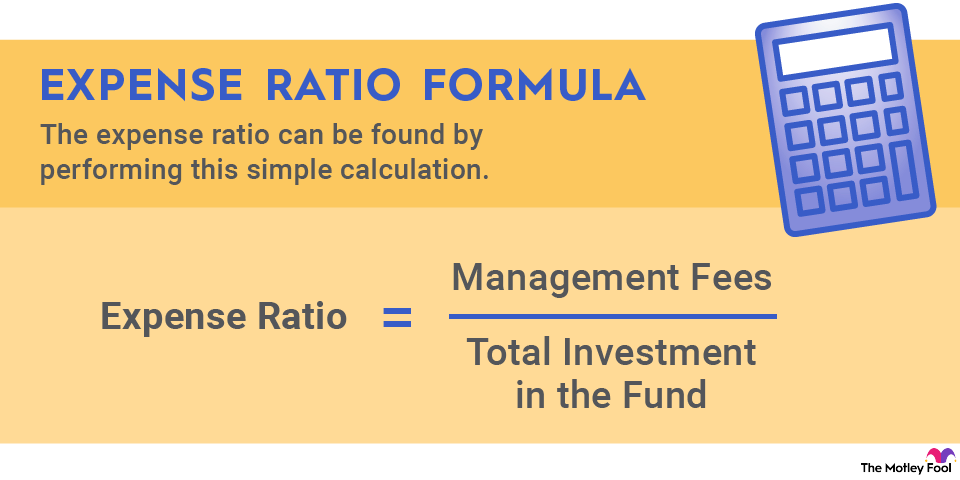Certificates of deposit (CDs) normally have a penalty if you withdraw money before the maturity date. A no-penalty CD doesn't charge an early withdrawal fee, giving you more flexibility if you need your money ahead of schedule. You get the perks of CDs, without the biggest drawback.

Understanding no-penalty CDs
In most ways, no-penalty CDs are the same as any other CD. They're deposit accounts with a fixed annual percentage yield (APY) and term. Terms generally range from three months to five years, but this depends on the bank or credit union. You decide how much you want to deposit when you open the no-penalty CD, and you can't make any additional deposits after that (some CDs also have a minimum deposit requirement you need to meet). The CD issuer then pays you interest on your balance at set intervals.
The only difference is how early withdrawals work. With traditional CDs, you typically lose a portion of the interest you've earned. The tradeoff for a guaranteed interest rate is that you're supposed to keep your money in the CD for the entire term. With no-penalty CDs, you can still lock in an interest rate, but you can also take out your money early without penalty.
Pros and cons of no-penalty CDs
CDs are a safe, predictable way to grow your savings. You don't need to worry about interest rates dropping like you would with a high-yield savings account, because your CD has a fixed rate. The biggest advantage of no-penalty CDs compared to other CDs is that you also still have easy access to your money. In an emergency, you could make a withdrawal and not lose out on any interest.
No-penalty CDs also allow you to take advantage if interest rates go up. One of the downsides of traditional CDs is that when rates rise, your savings continue earning an older, lower rate because they're stuck in a CD. If you have a no-penalty CD, you can withdraw all your money and open a new CD at a higher rate.
The main drawback of no-penalty CDs is that they generally have lower rates than traditional CDs. You need to sacrifice some interest to retain flexibility with your savings. And even though you can withdraw from no-penalty CDs, a partial withdrawal may not be an option. Some banks will only let you withdraw all your money and close your no-penalty CD.
Should you open a no-penalty CD?
A no-penalty CD can be a good place to store your savings, especially if it looks like interest rates may drop. They're most well-suited for those who want protection against falling rates without completely locking up their money.
Like other banking products, no-penalty CDs aren't the best choice for long-term growth. If you won't need the money for five to 10 years or longer, you may want to invest it in the stock market instead of putting it in any type of CD or savings account. Historically, the U.S. stock market has delivered much higher average returns than you could get from a CD.
If you decide to open a no-penalty CD, make sure you compare your options to find one with a competitive APY. Rates vary quite a bit depending on the bank and the term you choose, so it pays to shop around.
Want to compare a no-penalty CD to regular CDs with higher rates? See our list of the best CD accounts to choose from today.
Example of traditional and no-penalty CDs
Let's say you have $10,000 saved to put in a 1-year CD. You have the option of a traditional CD with a 4.0% APY and a no-penalty CD with a 3.6% APY. The traditional CD has an early withdrawal penalty of three months' worth of interest, which is a standard penalty amount for a CD of that length.
At the end of the year, you'd earn $400 in interest with the traditional CD or $360 in interest with the no-penalty CD. But now imagine that you need your money after six months. With the traditional CD, you'd pay a $100 penalty, bringing your earnings down to $100. With the no-penalty CD, you'd keep the $180 you had earned. While no-penalty CDs earn less under normal circumstances, they come in handy if anything unexpected happens.



















